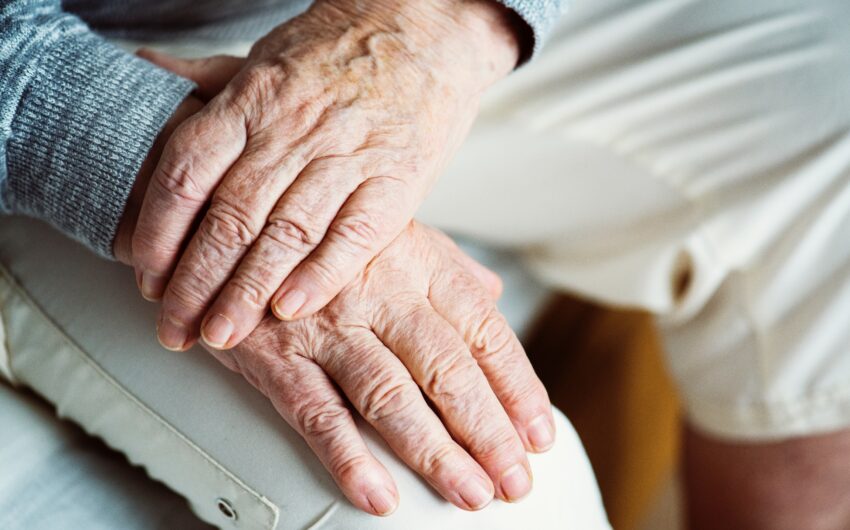
As humans the goal is to live a healthy life and pursue happiness and success, this is achieved through a balance between physical and mental wellness. When it comes to the wellbeing of the elderly this tends to be associated with physical health and dementia prevention however, seniors also tend to struggle with loneliness and depression.
As individuals age, certain changes occur that might cause stress and sadness. The transition from work to retirement, the death of a loved one, or the diagnosis of an illness, can all create a feeling of unease, anxiety, unhappiness and eventually contribute to depression.
Depression in the elderly is harder to identify than in a younger generation because they sometimes have different symptoms compared to different demographics. Some seniors might have symptoms which are less apparent than sadness, therefore, are less willing to vocalize their feelings and doctors might not be able to properly diagnose them.
Common depression symptoms in older people are more likely to be:
• Constantly feeling tired
• Having trouble sleeping eg) insomnia
• Grumpiness or easily irritable
Loneliness is also a critical reason behind depression amongst seniors. Social contact decreases as people age, often due to lack of mobility and a smaller social circle. Studies also show that loneliness is a huge risk factor for depression, heightening the sense of unhappiness and worthlessness. Therefore, it is important to look out for these symptoms and alleviate them ahead of time to prevent the situation from worsening.
The first step to overcoming such a situation is by having hobbies and learning new things. Regardless of whether it is a continuous hobby or a new interest it is important for seniors to have something to look forward to and to keep them enthusiastic throughout their days. A hobby will also increase their sense of value and will brighten their spirits as they feel that even though certain aspects of their lives might be limited, they are still able to do things they love.
The second step is to expose the elderly in question to as much light as possible. Light and the sun have a positive effect on individuals which raises their spirits. This step can vary from ensuring that the house is properly lit up, carrying out activities outside when the sun is out to receive an extra dose of vitamin D or simply having a coffee outside.
Finally, the most important step to take is to keep active as much as possible and keep interactions alive. This can be done by spending time with family which will make the individual feel part of something or even activities within the community one lives in. The desire to be needed and to be part of something is one that is felt by many however more in the elderly who slowly feel like this sensation is slipping away.
